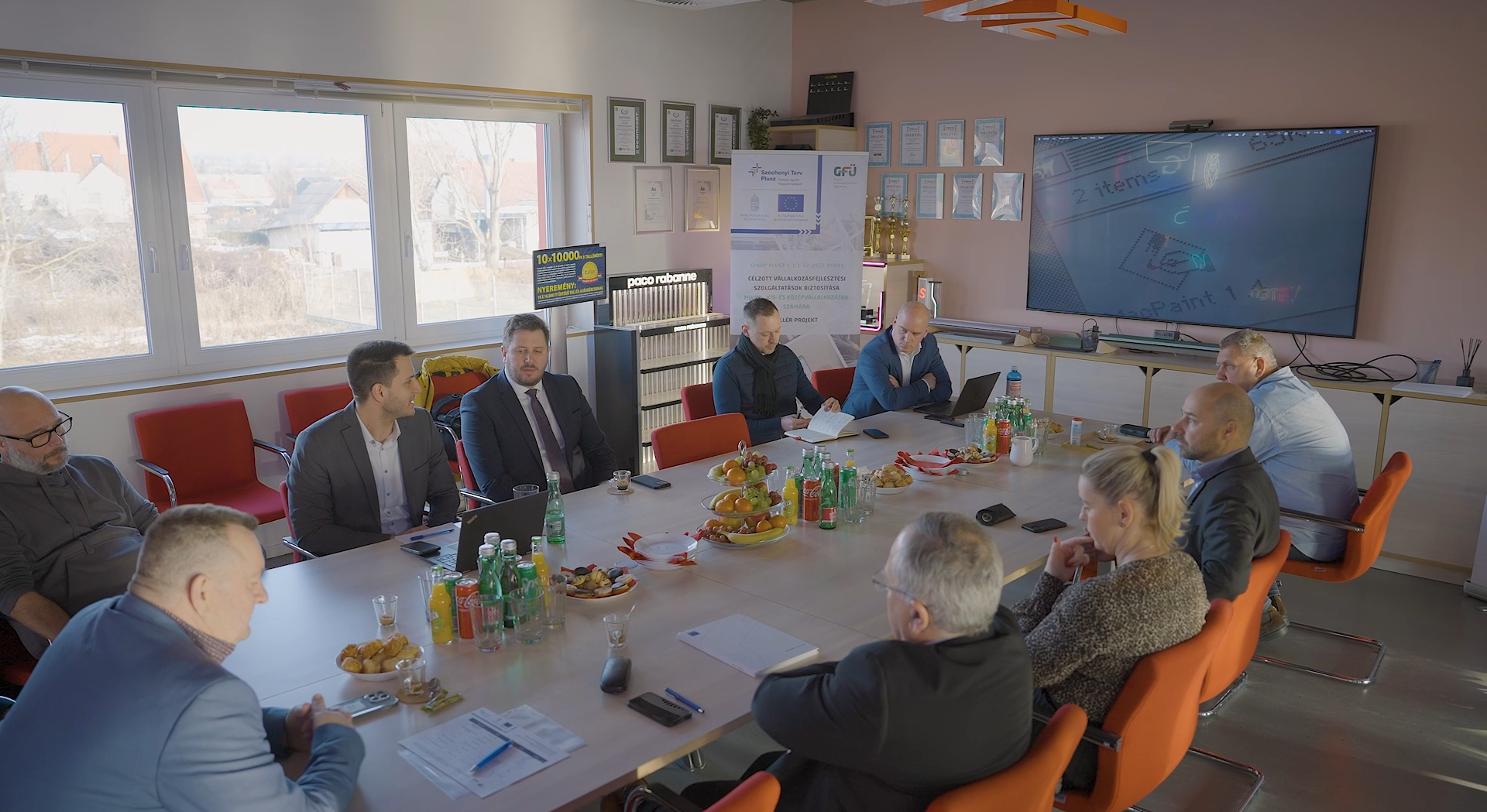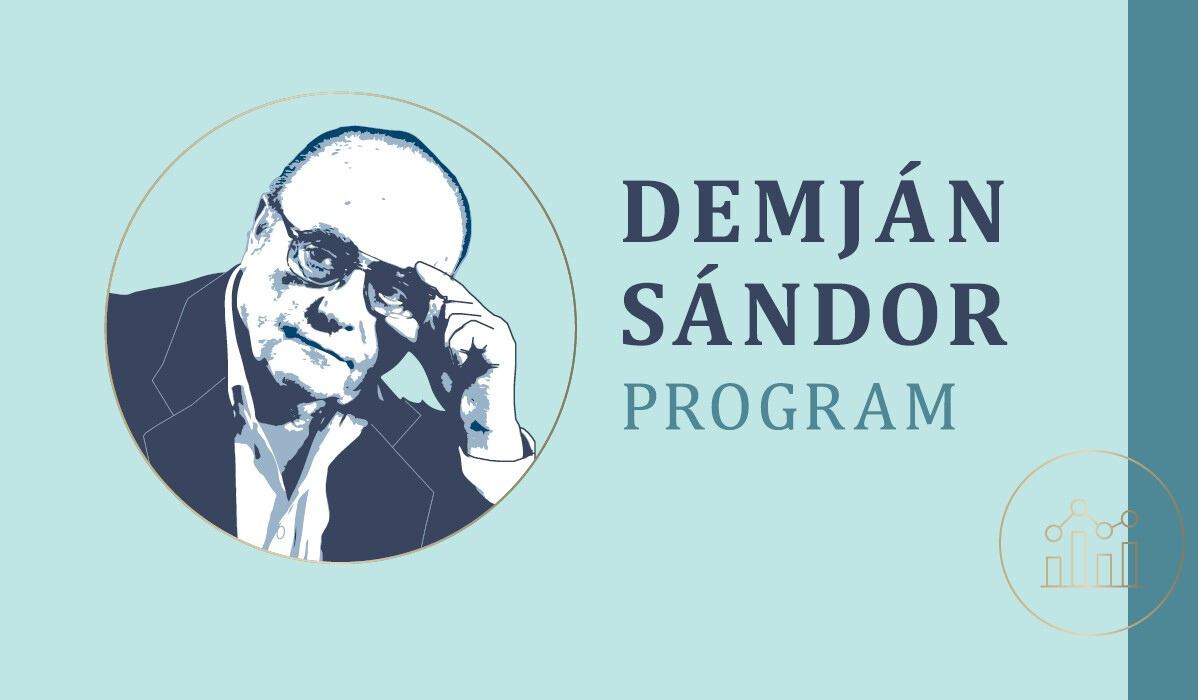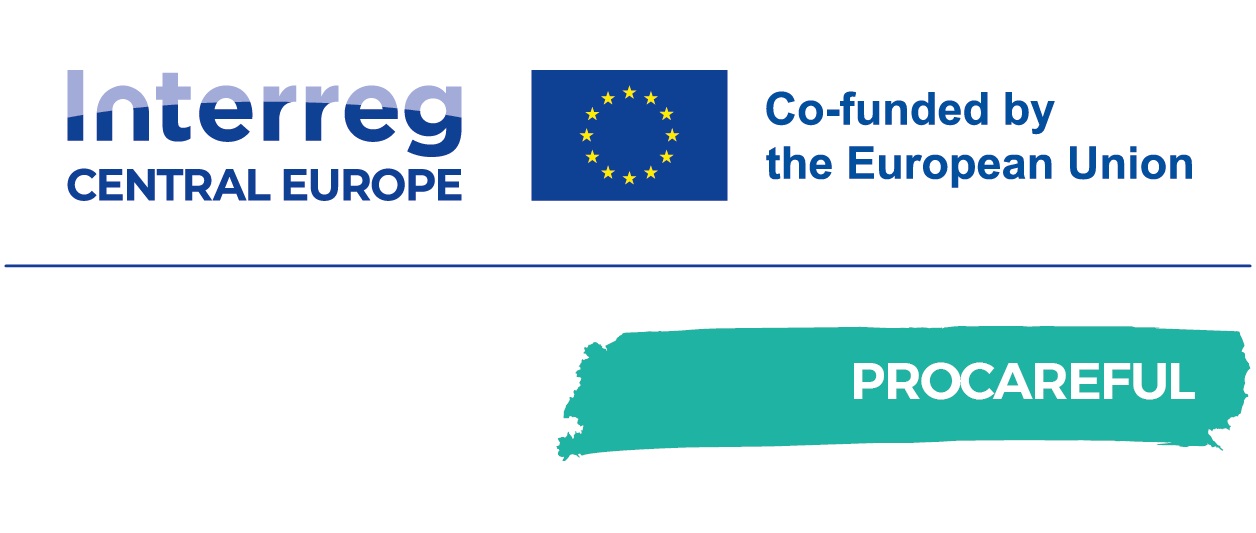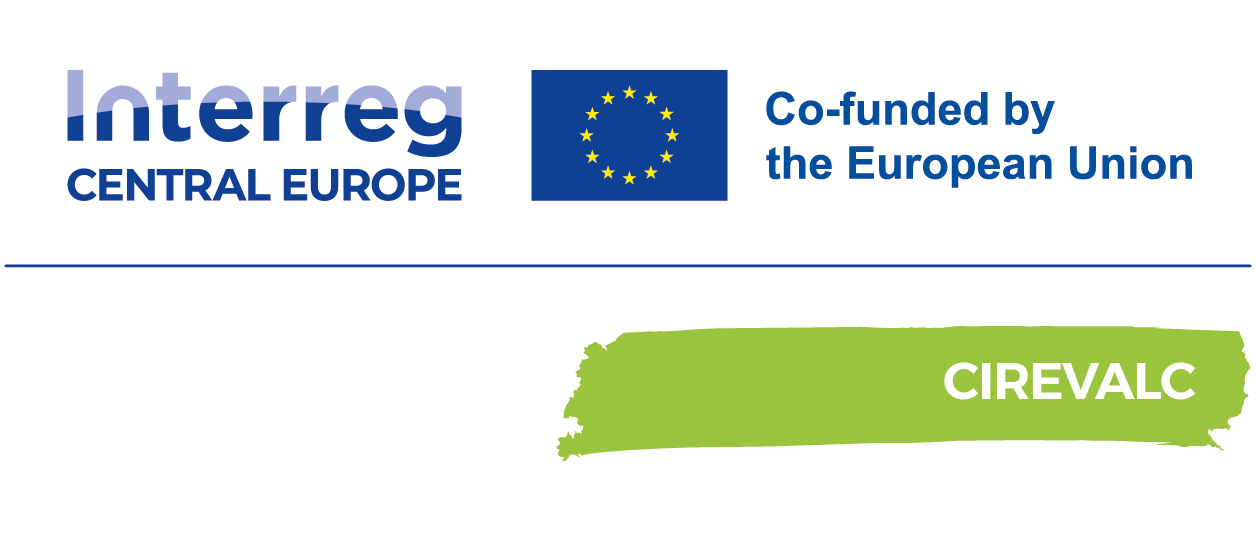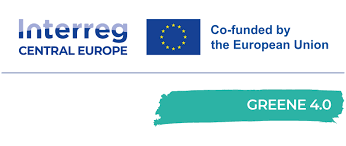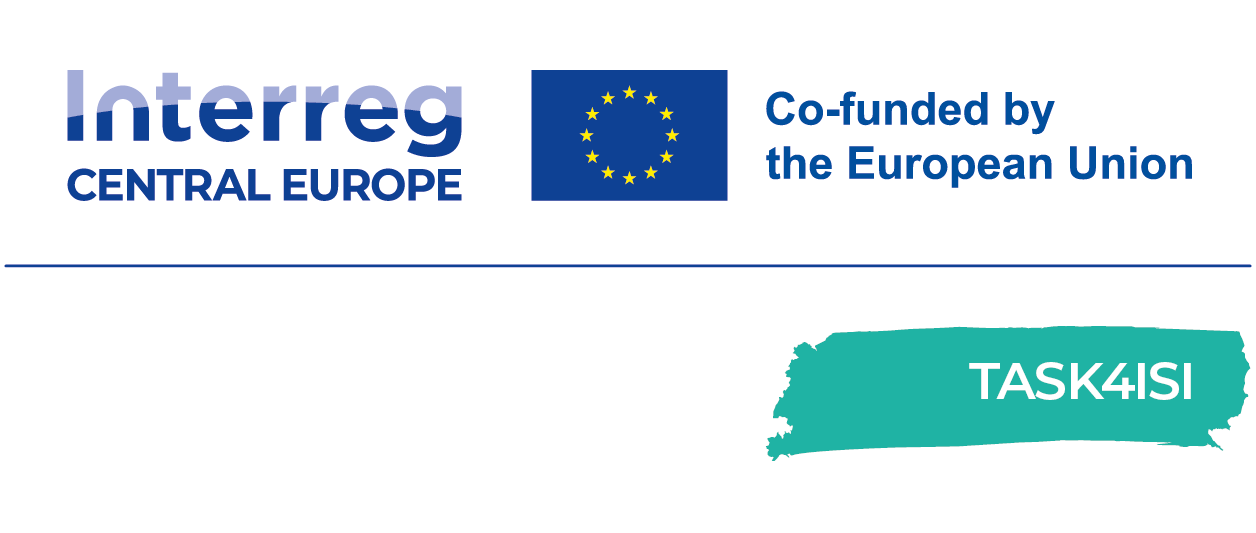SOCIAL SEEDS
Do not hesitate to contact our colleague!
Mészáros Anna
projektmenedzser
Tel: +3613122213
Email: meszaros.anna@ifka.hu
News
PROCAREFUL
The PROCAREFUL project is co-financed by the Interreg CENTRAL EUROPE program and the European Regional Development Fund. The lead partner of the project is I.S.R.A.A. from Italy, which implements the project in cooperation with partners from 8 Member ...
Nagy Diána Tilla
International Project Officer
Tel:
+36301777493
Email:
nagy.diana@mgfu.hu
Date of Project End:February 28, 2026
Participant:Small and medium-sized enterprises
Type:International
CIREVALC
The CIREVALC project aims to introduce and disseminate circular economy models in regional value chains, mainly concentrated in the food, catering and packaging sectors. Our project aims to increase the use of circular economy models in the operation ...
Balogh-Tanka Eszter
International Project manager
Tel:
+36706762215
Email:
tanka.eszter@mgfu.hu
Date of Project End:February 28, 2026
Participant:Small and medium-sized enterprises
Type:International
Circular Innovation Hub
The CI-HUB aims to improve the innovation potential of less innovative regions, regions with low innovation performance and weak innovation infrastructure, and largely non-urban industrial regions. The project aims to support circular transitions in the ...
Balogh-Tanka Eszter
International Project manager
Tel:
+36706762215
Email:
tanka.eszter@mgfu.hu
Date of Project End:June 30, 2026
Participant:Small and medium-sized enterprises
Type:International
TEX-DAN
The textile industry is one of the three most polluting industries. A largely small and medium-sized enterprise sector lacks the knowledge and expertise to change and move to a circular economy. However, everyone - producers and consumers alike - must ...
Balogh-Tanka Eszter
International Project manager
Tel:
+36706762215
Email:
tanka.eszter@mgfu.hu
Date of Project End:June 30, 2026
Participant:Small and medium-sized enterprises
Type:International
WE.Circular
The WE.CIRCULAR project aims to provide professional support and present good practices of women entrepreneurs, who apply the circular economy model approach in their daily organizational operations. Our project also helps to promote, provide training ...
Balogh-Tanka Eszter
International Project manager
Tel:
+36706762215
Email:
tanka.eszter@mgfu.hu
Date of Project End:June 30, 2026
Participant:Small and medium-sized enterprises
Type:International
Greene 4.0
Smart and green innovation approaches for scaling up digital transformation opportunities in CE The manufacturing industry in central Europe is challenged by change. Global supply chains are increasingly disrupted and the green transition demands more ...
Balogh-Tanka Eszter
International Project manager
Tel:
+36706762215
Email:
tanka.eszter@mgfu.hu
Date of Project End:February 28, 2026
Participant:Unnamed
Type:International
INSPIRE
Smart development of rural areas is key for the future of Europe. Digitisation and the chance to explore the potential of ICT are key factors to enable rural communities to become smarter, ie more attractive for locals, visitors and newcomers, countering ...
Schiffer Olivér
International Project Officer
Tel:
+36305528733
Email:
schiffer.oliver@mgfu.hu
Date of Project End:June 30, 2028
Participant:Unnamed
Type:International
CircSyst - Circular Systemic Solutions
CircSyst - Circular Systemic Solutions The CircSyst project is focused on the development and demonstration of a range of novel Circular Systemic Solutions (CircSyst Solutions or CSS), that increase sustainability by applying innovative holistic circular ...
Balogh-Tanka Eszter
International Project manager
Tel:
+36706762215
Email:
tanka.eszter@mgfu.hu
Date of Project End:May 31, 2027
Participant:Unnamed
Type:International
TASK4ISI
Transnational Action to advance SKills and competences FOR Inclusive entrepreneurship and Social Innovation Entrepreneurship in Central Europe is characterised by limited inclusiveness. Women, immigrants and young people are still under-represented when ...
Fribék Gergely
International Project Manager
Tel:
+36301656770
Email:
fribek.gergely@mgfu.hu
Date of Project End:October 31, 2026
Participant:Unnamed
Type:International
DIGI-CONTENT
Digi Content, a project designed to address fragmentation and skills gaps in the European Creative and Content Industries (CCI), aims to leverage the potential of Extended Reality (XR) technologies. The primary objective is to enhance the competitiveness ...
Schiffer Olivér
International Project Officer
Tel:
+36305528733
Email:
schiffer.oliver@mgfu.hu
Date of Project End:July 31, 2029
Participant:Small and medium-sized enterprises
Type:International


